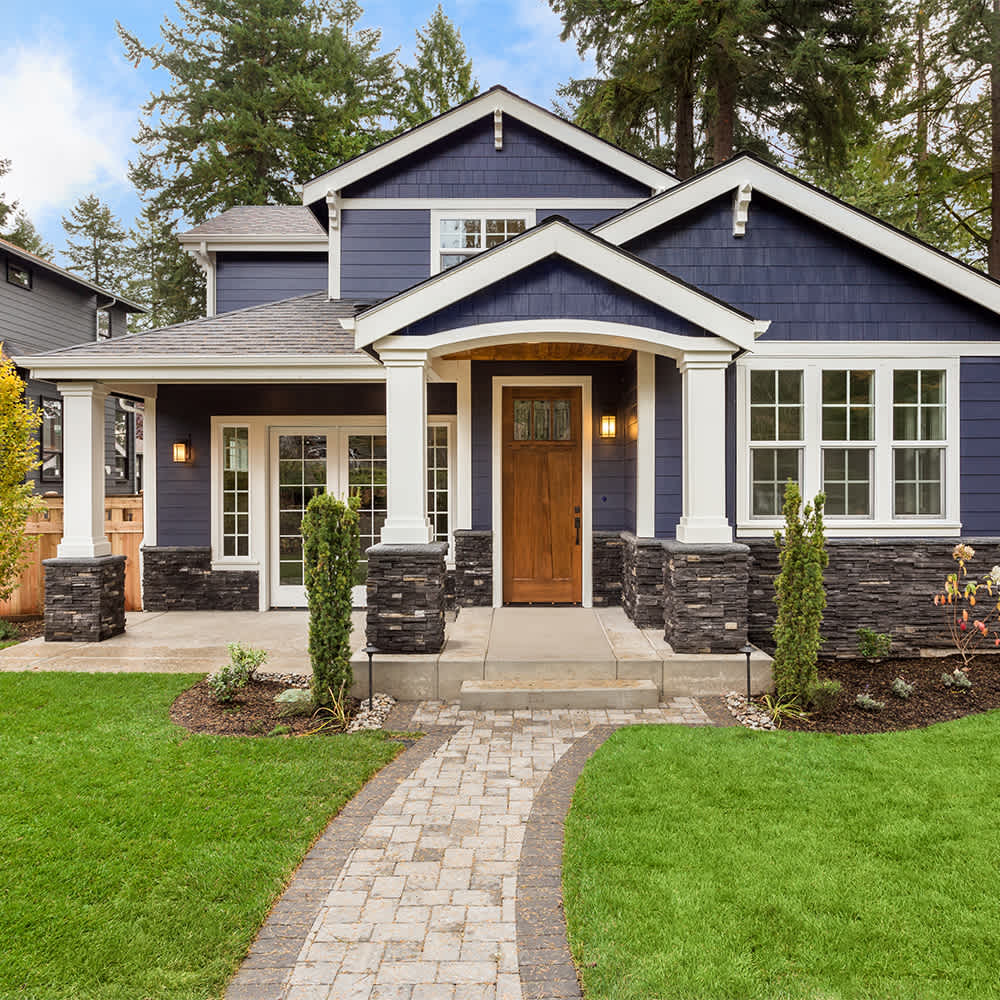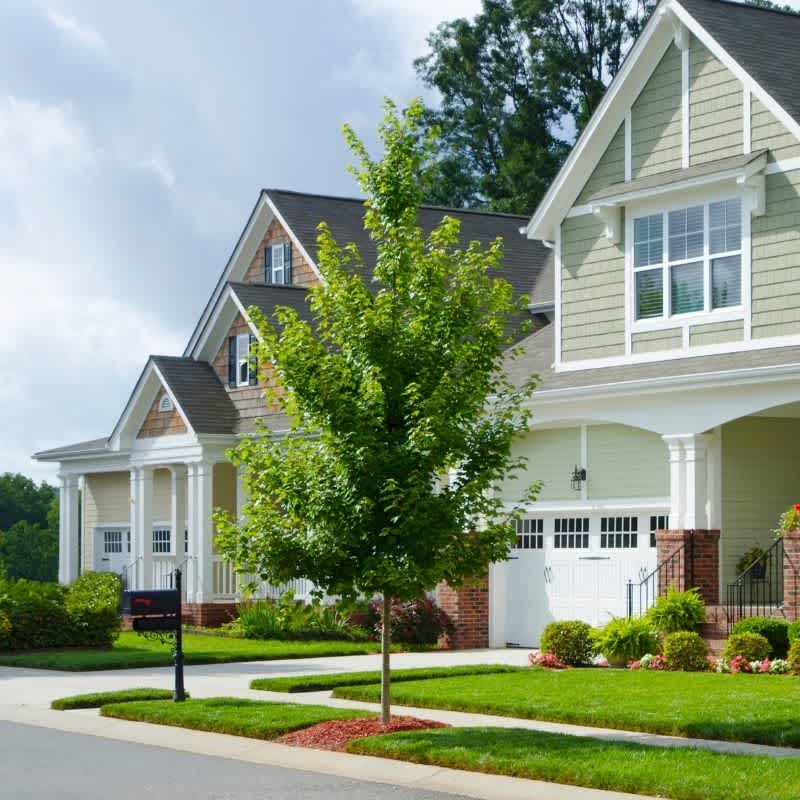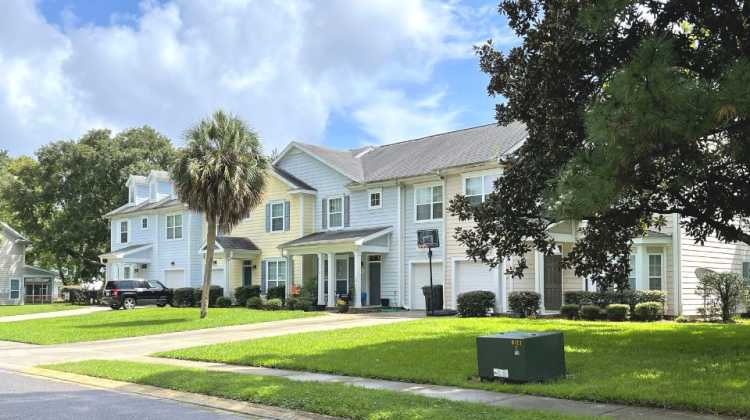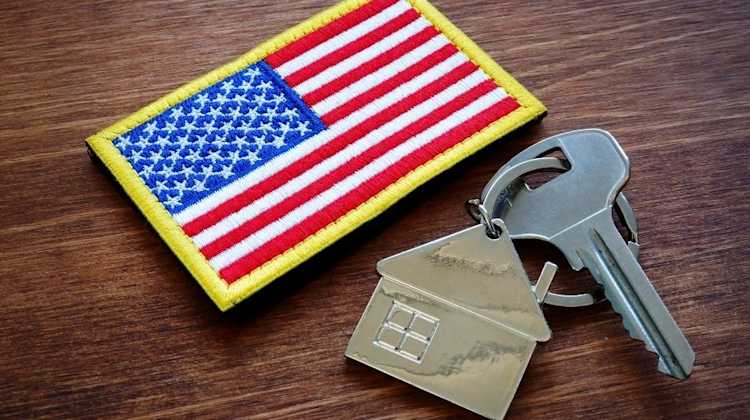Housing Assistance for Veterans: Support for Disabled Veterans
by Becca Stewart - August 8th, 2022
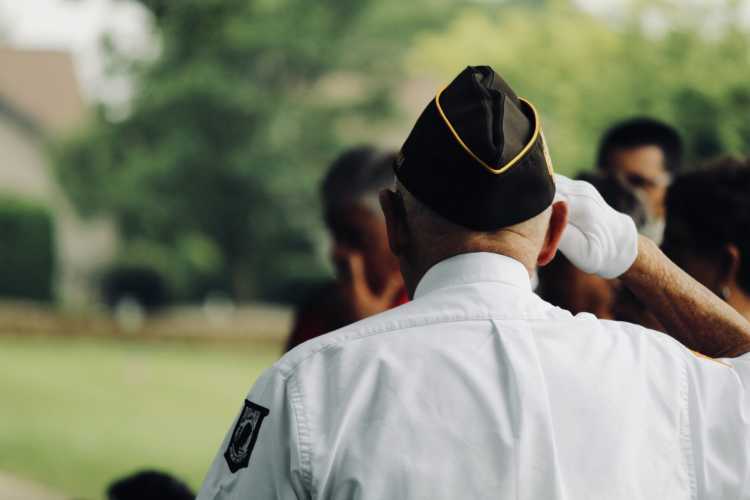
A home is so much more than a building. For military families, it’s often the only constant in a sea of ever-changing variables. But for some of our nation’s veterans, including disabled veterans, safe housing is anything but a guarantee.
Below, we discuss housing assistance for veterans, including specialized support for disabled veterans. These programs help disabled veterans and others in the military community find and maintain reliable housing.
VA Loan and other housing assistance for veterans
Veterans, current service members, and certain family members are eligible for home loans through the Department of Veterans Affairs (VA). VA loans give military families access to affordable mortgages, making homeownership a reality for many.
VA loans have many benefits:
No down payment required
No private mortgage insurance (PMI) required
Lower interest rates than conventional mortgages
Other incentives for military buyers
This government-backed loan program is a way to make buying a home more affordable for military families, veterans, and retirees.
Those who already own a home can benefit from the VA loan program too. Many service members, veterans, and retirees qualify for refinancing programs that reduce monthly payments. Military homeowners can also access the equity they’ve built for other purchases or get home improvement loans through the VA to make necessary upgrades. Disabled veterans qualify for additional government home improvement grants, which we’ll discuss below.
To learn more about VA home buying and home improvement programs, click here to read our blog.
Disabled veteran housing assistance programs
The VA loan isn’t the only program designed to help veterans find adequate, safe housing. Aging and/or disabled veterans may qualify for home improvement or home modification grants provided by the VA. Unlike VA mortgage programs, these grants do not need to be repaid.
Specially Adapted Housing (SAH) or Special Housing Adaptation (SHA) grants
Veterans with certain service-connected or age-related disabilities may qualify for VA grants to make homes more accessible.
The Specially Adapted Housing and Special Housing Adaptation grants allow disabled veterans to purchase or update their homes, allowing them to live more independently. Housing adaptation includes updates like:
Wheelchair ramps
Widened doorways
Grab bars
Other modifications the veteran needs to live safely at home
To qualify for the SAH or SHA grants, applicants must own or be in the process of buying their own home AND have a qualifying service-connected disability. Only 120 applications are accepted each fiscal year, so apply early (fiscal year runs 1 Oct – 30 Sep). The maximum grant amount is $101,754 for fiscal year 2022.
The VA also provides grants for temporary housing modifications for eligible veterans and family members.
Click here to learn more about disabled veteran housing assistance through the VA.
Home Improvements and Structural Alterations (HISA) grant
The HISA grant provides funding for disabled or aging veterans to make improvements necessary to accommodate a disability or medical issue.
Veterans and service members with service-connected conditions OR those with a non-service-connected condition, but with a 50% VA disability rating may qualify.
There is a lifetime maximum of $6,800 to make improvements and alterations like:
Lowering countertops
Making bathrooms wheelchair accessible
Improving exit and entryways or in-house flooring
Upgrading plumbing or electrical systems for necessary medical equipment
Veterans with a non-service-related condition may still qualify for up to $2,000 in HISA benefit grants.
Resources for homeless veterans
Unfortunately, tens of thousands of veterans are currently experiencing homelessness in America, according to the Interagency Council on Homelessness.
If you or your family are facing homelessness or at risk of homelessness, start by contacting your local housing assistance programs. Most states have shelters, housing programs, and other emergency accommodations to help support your family. To find your nearest shelter or to access additional support, dial 211.
Most veterans shelters will require an ID and supporting documents before providing assistance. Be sure to keep your important records and identification with you if you are facing homelessness.
Additionally, veterans can access housing insecurity services through the Department of Veterans Affairs (VA). Click here to access the VA’s programs for homeless veterans. These programs are designed to give veterans the emergency shelter they need while also providing access to job training, case management, and other services for long-term stability.
Some older veterans and retirees can qualify for entry into a veterans home, where they can access continued housing, nursing care, and other services.
Those needing assistance and support can also contact the National Call Center for Homeless Veterans hotline at 1-877-4AID-VET (1-877-424-3838) for 24/7 support.
Local support options
The VA provides disabled veterans with many options, but there are other ways to get support.
Most states offer a variety of benefits for service members, veterans, and their families – particularly disabled veterans. You can contact your local veteran services commission or reach out to veteran helping organizations in your area for more assistance.
There are also many reputable national nonprofit organizations that provide various services to veterans and their families. If you or someone you know needs assistance, consider reaching out to these organizations for more information.
Finally, we at PCSgrades are here to support our service members, veterans, and their families. To help us better serve you, please consider filling out the Disabled American Veterans review on our site. Your feedback can help other veterans find the services, support, and housing assistance they need.
